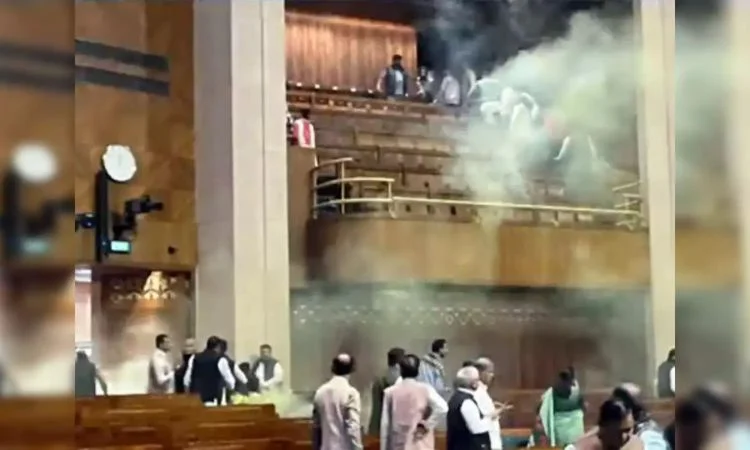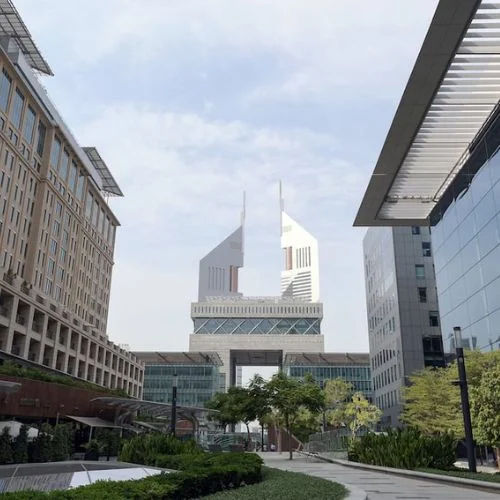New Delhi: Police investigation into last week’s shocking breach of Parliament security has revealed key details about the objectives and planning behind the dramatic protest staged by six individuals. In extensive interrogations, the five arrested accused have opened up to police about their motivations for the high-profile action and preparation leading to the incident.

According to sources familiar with the probe, the protestors told police they had been upset and frustrated with a number of pressing issues afflicting large sections of society. They cited problems like lack of employment opportunities, ongoing agrarian distress faced by farmers, and violence in the northeastern state of Manipur as key concerns that had moved them to action.
The group of six, predominantly youngsters from poor social and economic backgrounds, felt their voices on such critical matters were not being heard adequately. They felt mainstream political channels did not offer any hope of addressing the situation. After bonding over their shared sentiments and ideology, the accused claimed they decided the only way to grab the attention of lawmakers and media was through a dramatic protest inside Parliament.
Investigators have revealed the security breach was meticulously planned over several months to maximize impact. The accused chose the opportune time when Lower House proceedings were underway to breach the high security cordon around the legislative complex. With one protestor creating a ruckus by jumping from desk to desk inside the Lok Sabha chamber, the others aimed to distract security guards by releasing yellow smoke bombs both within the complex and outside on the road.
Police are still probing whether the protestors received any instructions or aid from some organization in conceptualizing and staging their act of dissent. However, the accused have maintained they conceptualized and executed the plan on their own as desperate individuals unable to find redressal through normal democratic means.
Their disruptive protest did succeed in drawing extensive media glare on their grievances and triggering a national debate on issues of citizen disenchantment. But it has also landed the group in legal trouble, with authorities filing charges under anti-terror laws considering the serious security breach at the highest seat of democracy.
While many sympathize with the protestors’ issues, most condemn the manner in which they were raked up. Serious questions are also being raised regarding existing Parliament security protocols and response mechanisms. As the high-profile case continues to unfold, it has once again highlighted simmering dissent and frustration among some sections that feel disenfranchised from the system. Authorities will now have to proceed carefully to balance security with voicing of genuine public concerns.















